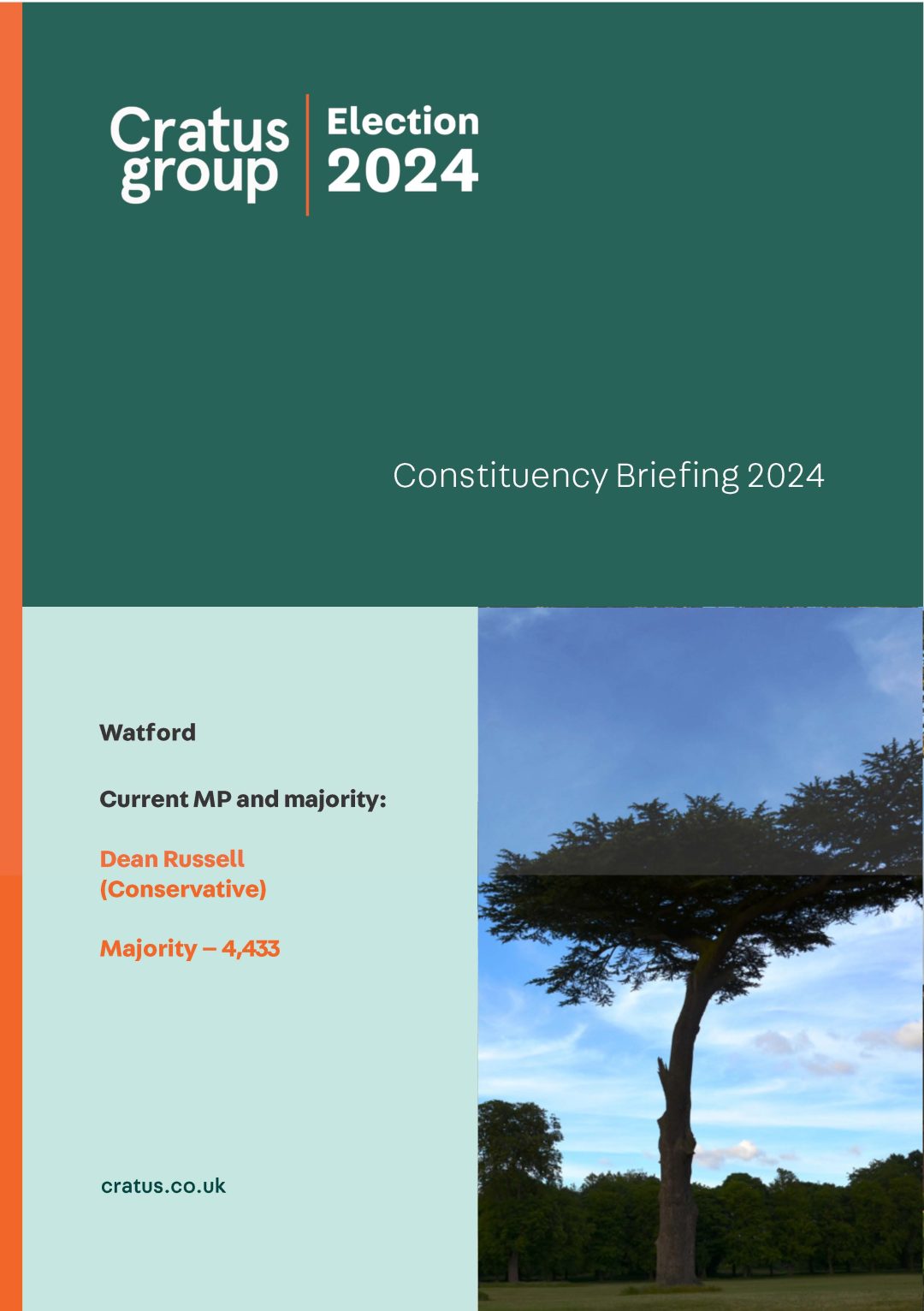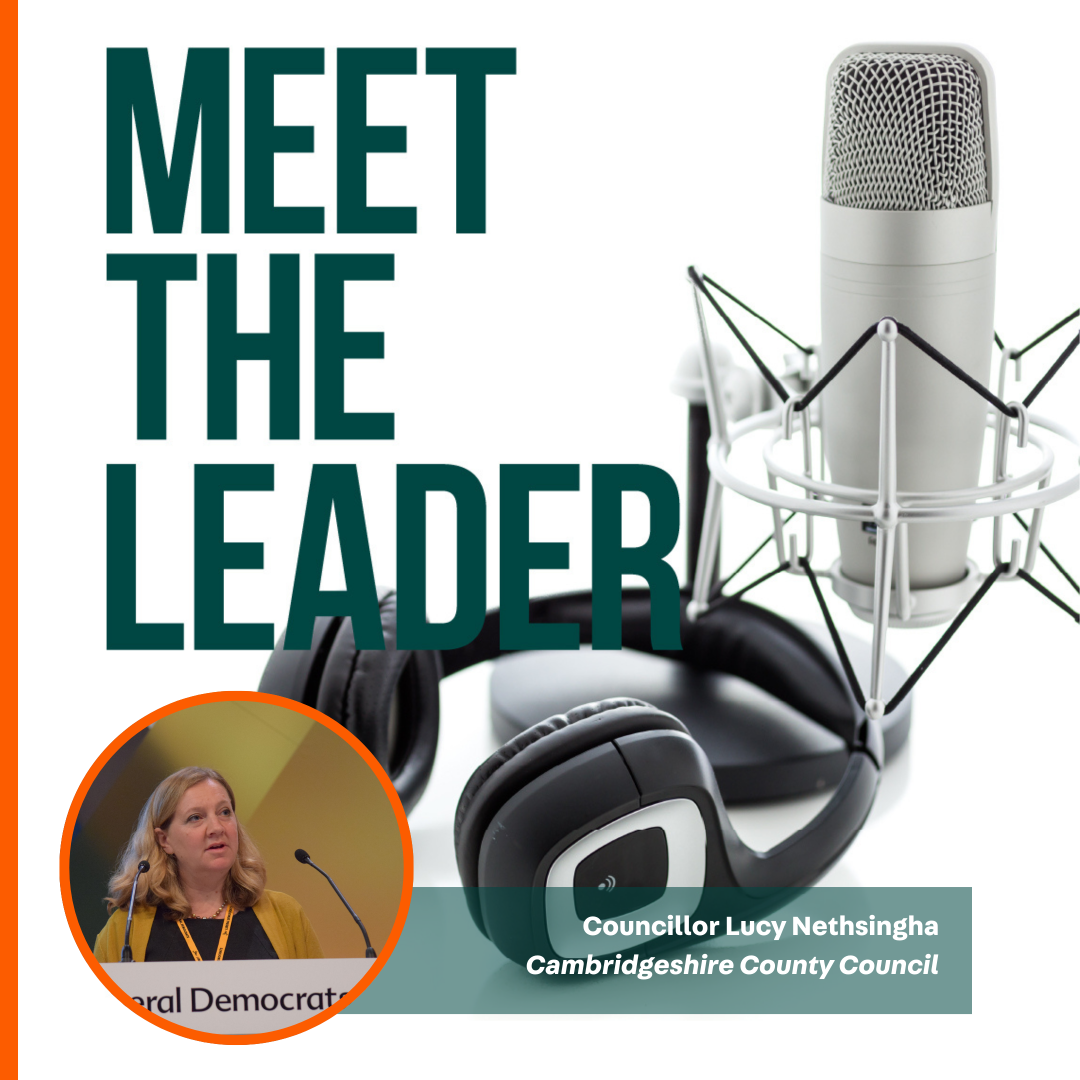Local government reform – more of the same?
If you have followed the numerous reforms of local government since the formation of the Local Government Act 1888, congratulations. Don’t stop now. This week, Alec Shelbrooke MP added The future of local government in England to the reading list.
On Tuesday Mr Shelbrooke, MP for Elmet & Rothwell tabled a Local Government Reform debate in Westminster Hall. The full Hansard report can be found here. Throughout the debate, MPs discussed the complex system of local representation across England (excluding London), their experiences within their localities and the potential impact of reform. A task, some might say, long overdue and one we believe is for the good, that someone is challenging the status quo and the current, often incomprehensible (to citizens) system.
Since the Localism Act of 2011 provided the last example of centralised tinkering, it will therefore come as no surprise, that the proposals being debated five years on are somewhat more radical in nature. Amongst them:
- Abolition of two tier district and borough councils in favour of one single unitary authority known as County Councils
- Maintain town and parish councils as the tier below the unitary authority
- Abolition of 3-member wards to be replaced by 1 member per ward, proposed member to constituent ratio 1: 15,000
- Establish elected County Mayors for each unitary authority who would sit above the County Council structure
- Move to a fixed-term five-year election cycle with local elections at the mid-point of the general election cycle
- Create a full time salaried role for councillors (£37,481). Calculations based on half the salary of a backbencher MP. Council Leaders: £74,962 and Cabinet Members: £56,221.
The figures in the Member for Elmet & Rothwell’s report are particularly eye-catching and the reform may have legs if the efficiency figures are to be believed. By holding all local elections in the same year at the mid-point of a Parliament, the report suggests the cost of a five-year cycle is considerably less at £167m, a saving of £231m for the election period or £42.6m on a yearly basis.
Local authorities continue to look for new ways of working, seeking partnership and business opportunities in a number of core areas to both save and make money. With local authority grants ending and business rates coming there is an additional efficiency factor that makes this case compelling. There is therefore no doubt that savings of this kind will certainly stimulate debate, if nothing else, in local and central corridors of power.
However, the hustle and bustle of said corridors would dim in times of such reform. In this new system, some 13,900 councillor positions would be removed from English local government structures, bringing the number of elected members to approximately 2250, each with 15,000 constituents to represent.
When discussing such numbers, it’s worth noting that in general terms this reform would affect the Conservatives far more than Labour in some ways as the majority of city and London boroughs are already unitaries. It would also have a significant impact on the diversity of councillors excluding as it does the civic minded who dedicate their spare time to helping their community in the role of councillor.
The Westminster Hall debate also highlighted alternative routes to reform. Our neighbours in Scotland, Wales and Northern Ireland have much to teach us, and through experience too, they all have unitary local authorities which operate the majority of local government functions in their areas and have done so since the 1990s. Members from Glasgow Central and Strangford outlined the benefits of their country’s local government systems in Scotland and Northern Ireland respectively.
As the tier closest to the people local government is best able to, in theory, understand and react to the needs of the people. Local constituents in turn measure the quality of their representation on service provision within their boundaries. Adult and children’s social care, library and bin collection services and education provision are the most meaningful, measurable factors in the eyes of the voters.
Marcus Jones MP, Parliamentary Under Secretary of State for Local Government, recognised the role local councils play in the provision of vital services in his response to the chamber. The Minister also highlighted the valuable contribution councillors make to their local areas, describing them as community champions. All 16,243 “community champions” in England might however shun the Minister’s notion that these activities are purely vocational and not necessarily considered a profession.
The Local Government Minister went on to reaffirm the Government’s commitment to greater devolution through the Cities & Local Government Devolution Act 2016.
“Government enacted the Cities and Local Government Devolution Act to enable us to take proposals forward and to implement them where we, and Parliament, are satisfied that they will deliver the better local governance that an area is seeking. There must be a good deal of local consensus. Any new structures must be sustainable and facilitate public service delivery, including effective partnerships with other public agencies, and they must also avoid any unnecessary fragmentation of local services,” he said.
Local consensus, indeed. The future for local government in England has been a source of regular debate. The real task at hand will be for local authorities, seeking to combine or otherwise, to demonstrate how the price of structural reform will not come at a cost to vital community services. In our opinion herein lies the problem. The majority of those involved in the sector accept and see the need for the abolition of multi-tiered authorities but who is actually going to try and sell that to the electorate when there far more immediate things to expend political capital on?
One must not forget too, that local government is one of the largest employers in England with nearly 1.5m full time equivalent staff on the books. Is there any one political party bold enough to embrace reform at the expense of their political capital amongst voters…and their council’s employees? Who will be brave enough to propose an increase to the salary of their locally elected members in the frugal environment local representation operates in today?
This is the heart of the matter. Time and time again in our area of work we see that, fundamentally, no one wants a system of salaried, full time politicians. The sector wants and needs civic-minded citizens who put themselves forward to represent their community (and are deservedly remunerated in a small way if they are backbenchers and more so if they take on significant responsibilities). MPs and Peers are still considered to have their noses in the trough. That is bad enough, let alone creating another group of professional politicians.
Local Government Reform…more of the same? Not the same, but also not likely.







